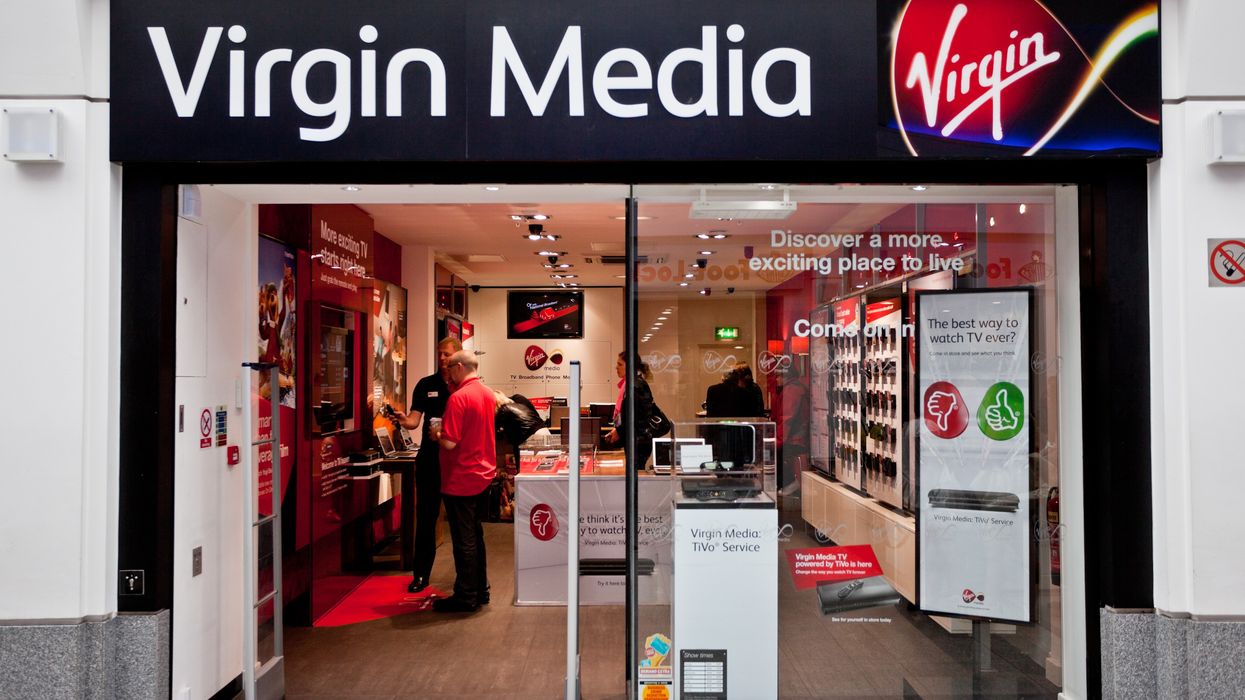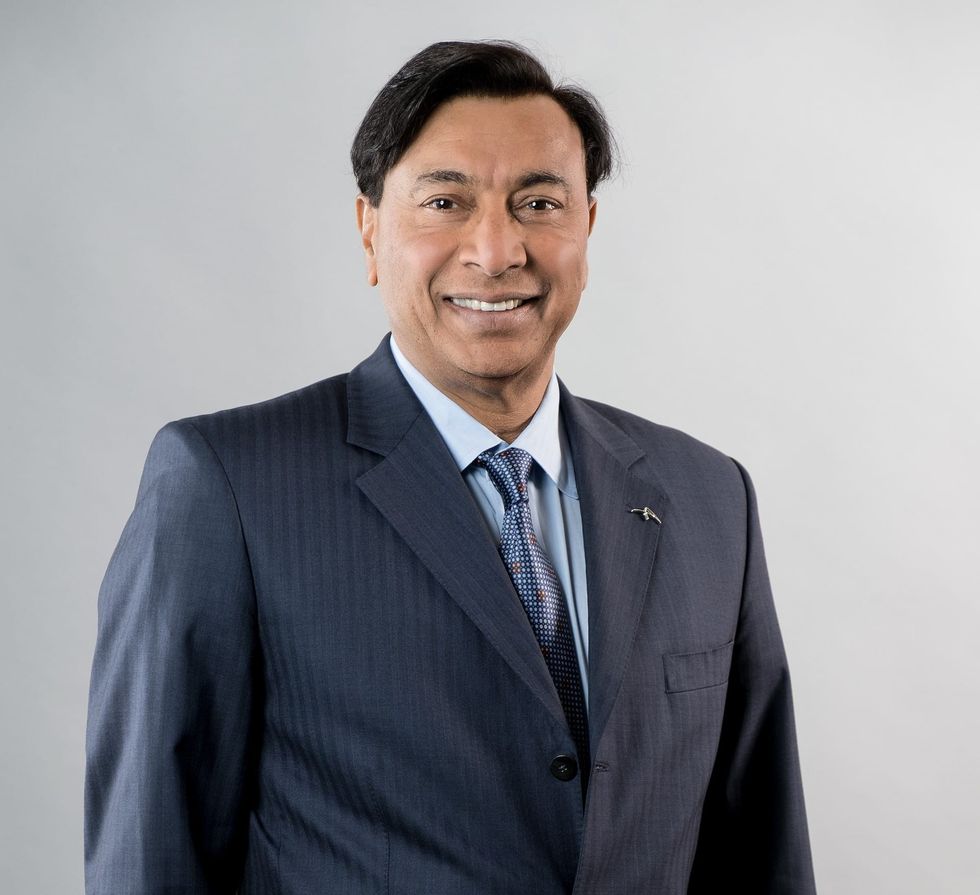Lance Dunkley settled in Wolverhampton in 1955. Originally from Jamaica, he first arrived in London but was eager to make his way to the Black Country because of its name.
"At the time I didn't realise it was [because of the] mining of coal - I thought it was black people," he laughs.
"I was so happy to go to the Black Country. When I got here I didn't see any black people."
He was shocked by the overt racism he was to face.
"They would call us the niggers. Sometimes coloureds," he says.
"We thought we were in the 'mother's country', only to find out that the racism was as high as it was."
But he would go on to strike up a cordial relationship with Enoch Powell.
As a resident in his constituency, Mr Dunkley said he would act as a "go-between" for Powell and the Caribbean community.
By the time of the speech, both men were living on the same street.
"He was a nice guy before the speech," says Mr Dunkley.
"He would knock on my door and ask 'where is such and such?'"
After the speech, Mr Dunkley - already a community activist fighting against racism - refused to be intimidated by Powell's words.
"His speech was just another speech; we weren't going to flutter like the bird with one wing.
"We weren't afraid."
The only real surprise about Powell's speech was that it was so "openly said", says Newton Lyseight, whose father the Rev Dr Oliver Lyseight established Britain's first black-led church, in Wolverhampton.
"I think a lot of people were thinking like he was thinking, but it was an explosion for someone at that level to bring it into the open," he says.
"It was disturbing, but not surprising," according to Chester Morrison.
Mr Morrison, who was 17 in 1968, had arrived in Wolverhampton four years earlier.
"It was very significant because of the emphasis on the 'Tiber foaming with much blood'.
"We as youngsters had to think about what would that mean in reality and how are we prepared to deal with that," he says.
"From tolerating levels of racism, we were put in a position where we had to be more combative because we didn't quite know how the white folks would respond - in particular the skinheads at the time."
For Mr Morrison, who helped found the Afro-Caribbean Cultural Centre in Wolverhampton city centre, the speech "effectively legitimised racist behaviour".
"Many white folk felt they had a licence, because [it was said by] somebody who was well respected, because he was by no means a fool."





 Lakshmi Mittal
Lakshmi Mittal 











